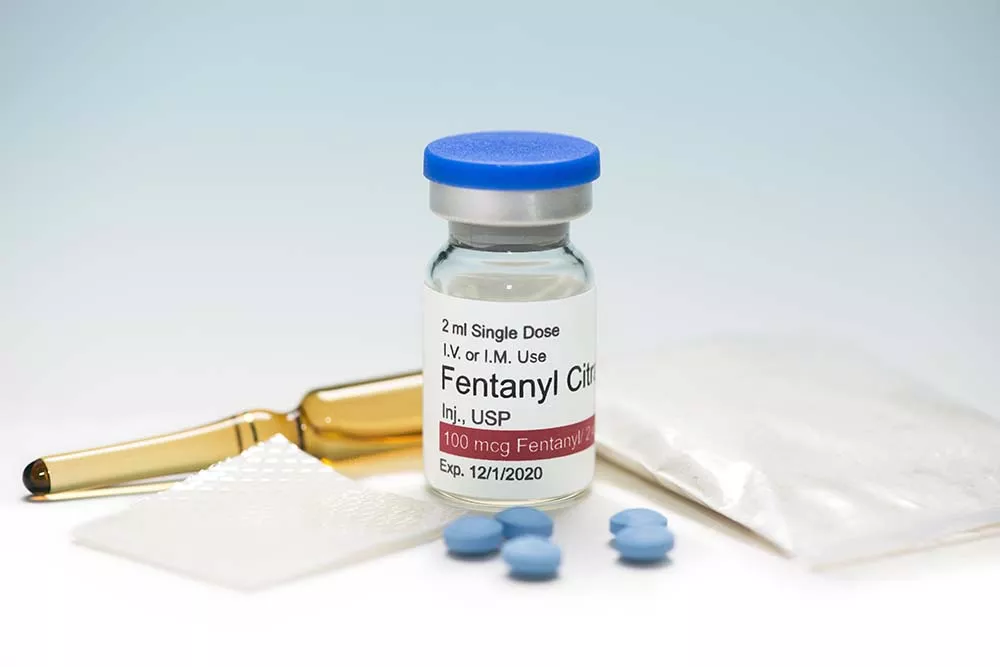Across the United States, the drug overdose epidemic is claiming lives at a staggering pace. The pandemic intensified this crisis, turning already alarming numbers into historic highs. Behind these numbers are real people—friends, family members, and co-workers—whose lives could be saved with timely, effective support.

Construction workers face some of the steepest risks. Studies repeatedly show that, compared to most other professions, they are more likely to lose their lives to an overdose—often tied to opioids, whether prescribed or illicit. In just one five-year period, construction employees made up only 7% of the workforce yet accounted for 15% of all workplace overdose fatalities.
This reality isn’t about personal weakness or moral failing—it’s about the work itself.
Construction is demanding, physical, and often dangerous. Muscle and joint injuries, fractures, spinal issues, and repetitive strain problems are part of the job for far too many. These injuries frequently lead to opioid prescriptions, and research shows that construction workers are prescribed these medications more often than people in most other industries.
Smaller companies—common in construction—tend to see even higher prescribing rates. Over time, short-term use can turn into long-term dependency. Age plays a role, too: younger workers may face greater risks from illicit drug use, while older workers may be more vulnerable to prescription misuse.
The takeaway is clear: injuries on the job can set off a chain of events leading to dependency, but that path is preventable.
Not all workers are impacted equally. Hispanic construction workers, for example, suffer higher injury rates and a disproportionate number of fatal falls. Language barriers, unsafe work assignments, and lack of culturally relevant resources all play a role. Alarmingly, between 2014 and 2017, overdose deaths involving synthetic opioids in the Hispanic population rose more than 600%.
True equity means ensuring every worker, regardless of race, background, or company size, has equal access to safe work conditions, effective injury care, and compassionate substance use treatment.
Protecting construction workers’ health requires action from everyone with influence—employers, unions, industry associations, and safety officers alike. These groups have long fought for safer worksites, better wages, and fair treatment, and that same leadership is needed now to address the opioid crisis.
Construction workers are the backbone of our communities. They create the roads, schools, homes, and infrastructure we all depend on. They deserve more than gratitude—they deserve care that protects both their livelihoods and their lives.
When employers, unions, and industry leaders push for substance use disorder supports, they are building more than benefits—they’re building healthier, stronger, and longer-lasting futures for every member.
At Eleanor Health, we believe every person has the right to live an amazing life, free from the preventable harms of substance use disorder. With compassion, equity, and the right resources, we can help construction workers recover from injury, avoid the risks of opioid misuse, and keep building America with pride and strength.
If you are seeking support for your substance use, reach out today to speak with an addiction treatment specialist.
If you need help with your substance use disorder, we are here to help you build your confidence and momentum towards the future you want. Eleanor Health currently accepts members in Colorado, Florida, Idaho, Louisiana, Massachusetts, Missouri, Montana, New Jersey, New Mexico, North Carolina, Ohio, Pennsylvania, Texas, and Washington.
 Fentanyl Lacing: Key Facts About Fentanyl and Stimulants
Fentanyl Lacing: Key Facts About Fentanyl and Stimulants
 Addiction and Anxiety Disorder
Addiction and Anxiety Disorder
 How to Treat Opioid Withdrawal
How to Treat Opioid Withdrawal